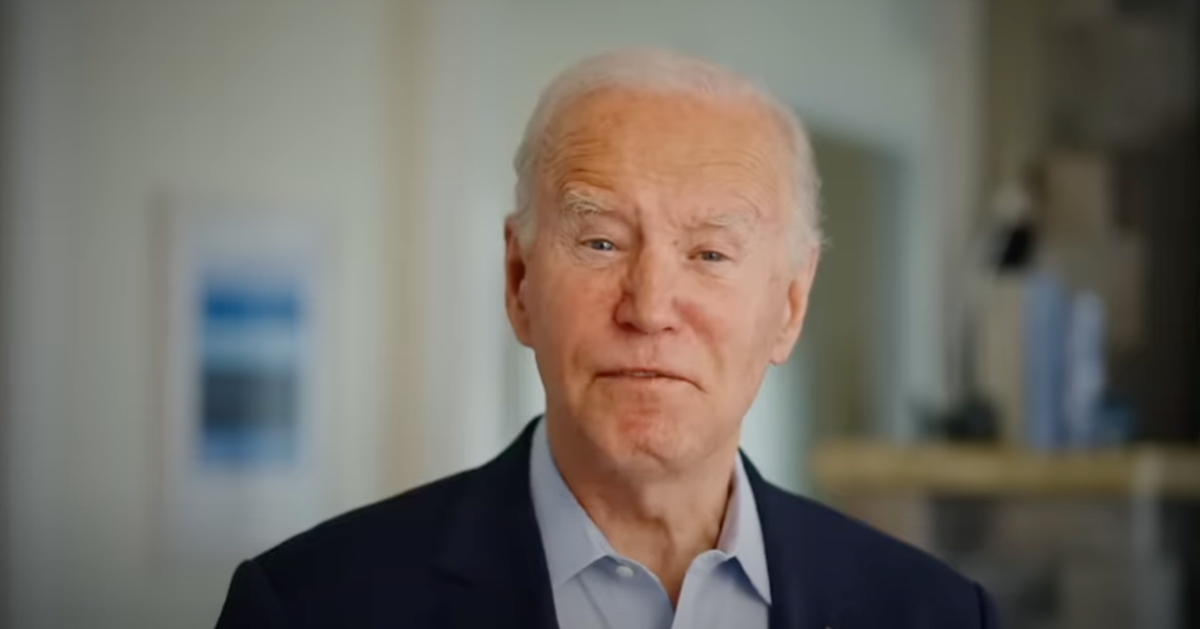Judge Halts Biden Plan to Grant Legal Status to Some Undocumented Migrants
A federal judge has ruled against the Biden-Harris administration's initiative to provide legal status to specific groups of undocumented immigrants, citing a lack of statutory backing by the Department of Homeland Security (DHS).
The decision to vacate the program involves a significant policy effort by the administration to streamline legal pathways for approximately one million undocumented spouses and stepchildren of U.S. citizens, as the Post Millennial reports.
In a legal challenge spearheaded by Texas, alongside several other states and America First Legal, the Keeping Families Together program was scrutinized for extending beyond DHS's authorized powers.
The program, part of President Biden's broader vision to facilitate pathways to citizenship, was introduced in August with the intent to stabilize family units amidst the complexities of the immigration system.
The Legal Dispute Over Parole Authority
DHS structured the initiative to potentially allow eligible noncitizens to adjust their status without having to exit the country for consular procedures.
At the crux of the legal arguments is "parole in place," a mechanism that Judge J. Campbell Barker contested as being unsupported by law. According to Judge Barker, the DHS does not possess the legal foundation to enable "parole in place" as this was characterized in their final agency directive.
The decision hinges on the DHS's interpretation of its discretionary powers under the Immigration and Nationality Act (INA). While DHS had argued in support of the program, proclaiming parole's merit in cases of humanitarian urgency or substantial public benefit, the court determined such powers did not extend to legally justifying the pathway proposed through the program.
The Role of Texas in the Litigation
The state of Texas, a key stakeholder due to its geographical vulnerability to immigration due to proximity to the Rio Grande, actively opposed the implementation of the initiative.
Texas argued the compound pressure illegal immigration exerts on state resources justified their challenge alongside other states.
With DHS estimating around one million individuals, averaging 23 years of residence in the U.S., could benefit from the program, the stakes are high.
The invalidation underscores the precarious lines the administration must navigate between exercising agency powers and adhering to legislative frameworks.
Implications for the Future of the Initiative
In June, preceding the program rollout, DHS stressed that keeping families together was essential to a compassionate and organized immigration system, positioning the program as a step toward that goal. The program aimed specifically at undocumented spouses and stepchildren of citizens, a subset often confronted with labyrinthine immigration hurdles.
Judge Barker's decision to vacate the program sends a distinct warning regarding the boundaries of executive action. It highlights the ongoing tensions between state-level concerns over immigration policy impacts and federal attempts to enact sweeping reforms.
Program Implementation Notwithstanding Legal Setbacks
Despite the administration's intentions, the judicial ruling underscores a pivotal stand on balance of powers within the framework of U.S. governance. The verdict questions the extent of executive authority in implementing immigration policy through regulatory innovations without explicit legislative endorsement.
Continued legal and policy discussions are anticipated as stakeholders evaluate the implications of this decision. For the current administration, the annulment of the plan represents a significant hindrance in its immigration strategy, seen as a cornerstone of its broader commitment to reform.
Next Steps for the Administration
Looking ahead, the case could set a precedent that shapes future administrative decisions on similar programs. The Biden-Harris administration is likely to pursue alternative avenues within immigration law, possibly encouraging legislative cooperation to advance their immigration policy vision.
The annulment of the Keeping Families Together program illustrates the delicate equilibrium between legal mandates and policy aspirations.
As the administration regroups, the focus may shift to addressing underlying legislative gaps to ensure sustainable pathways for immigrant families seeking stability and permanency.






